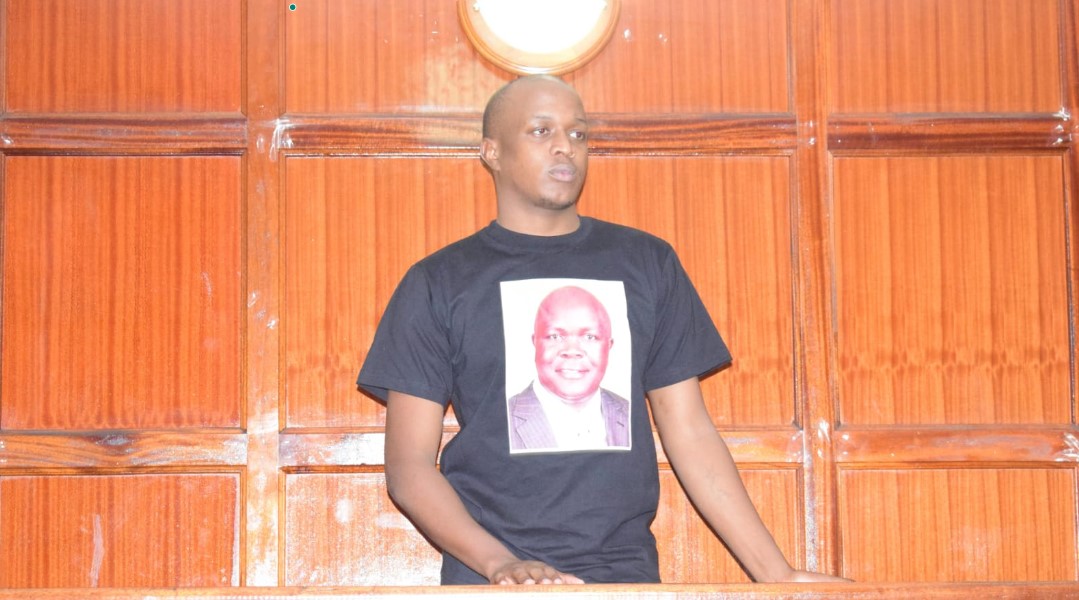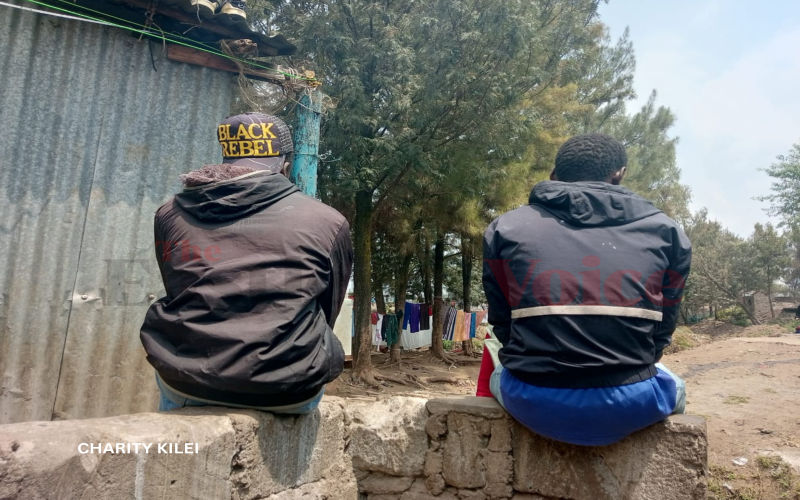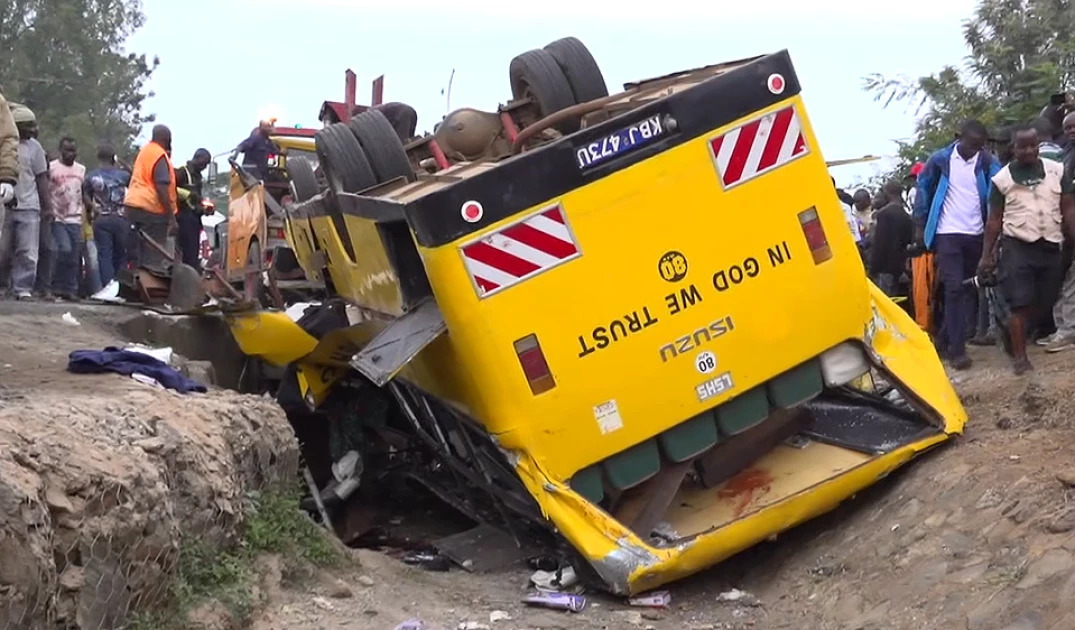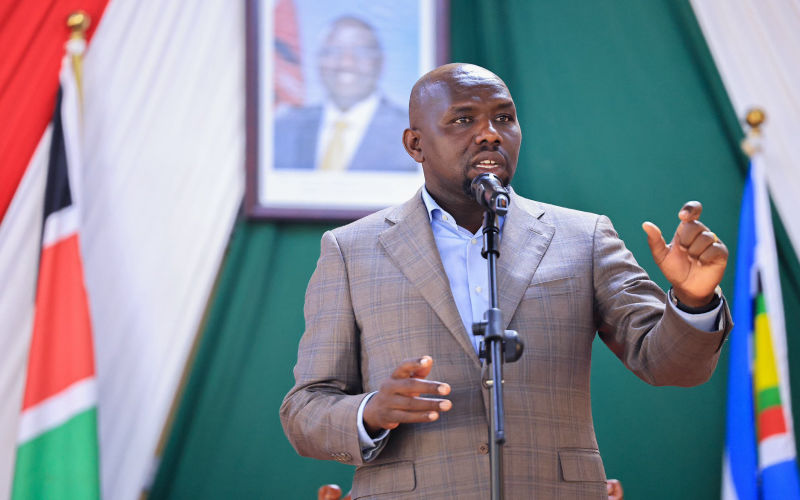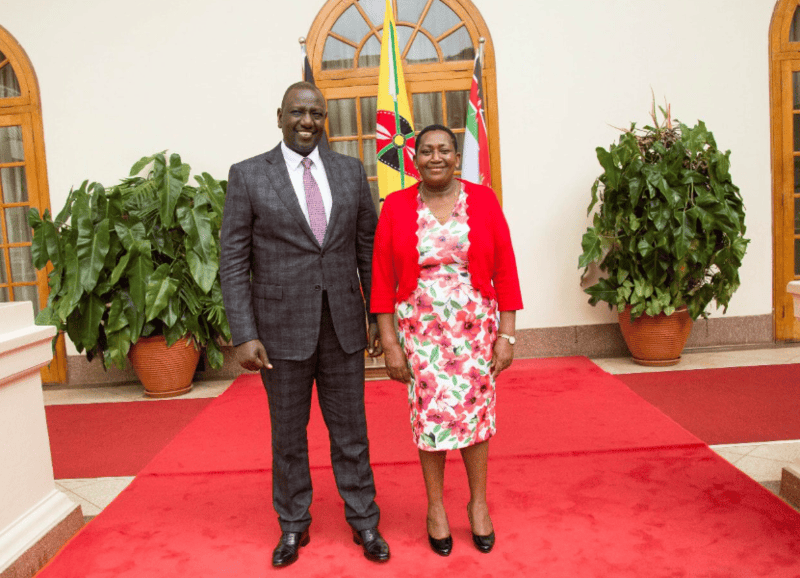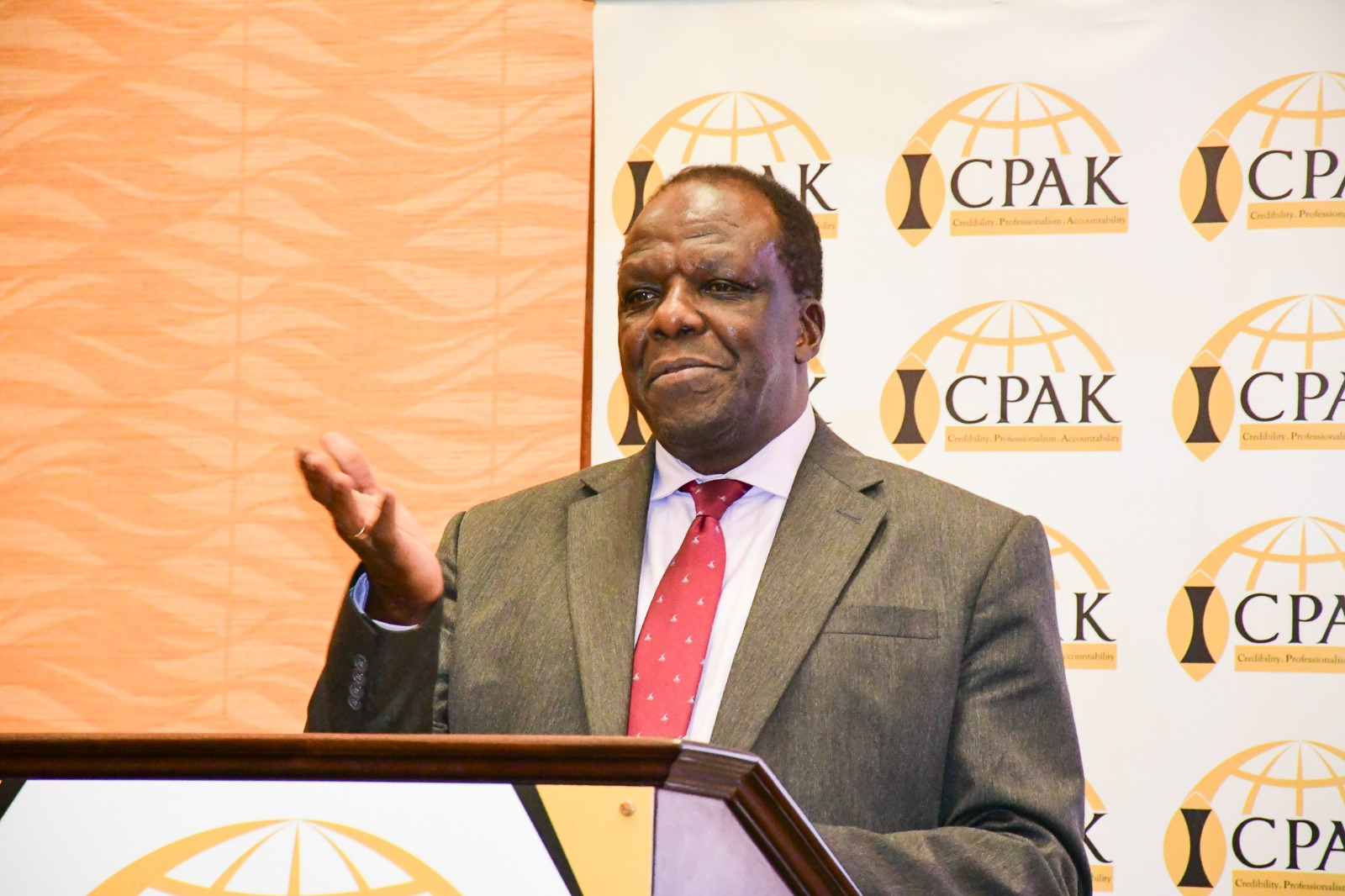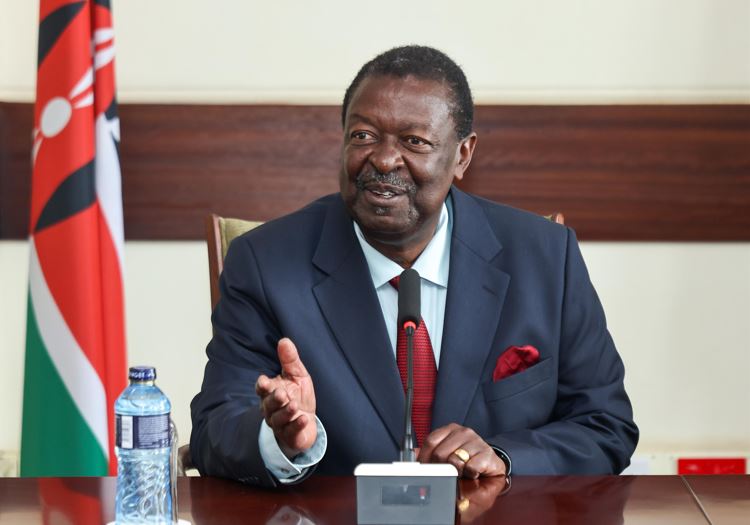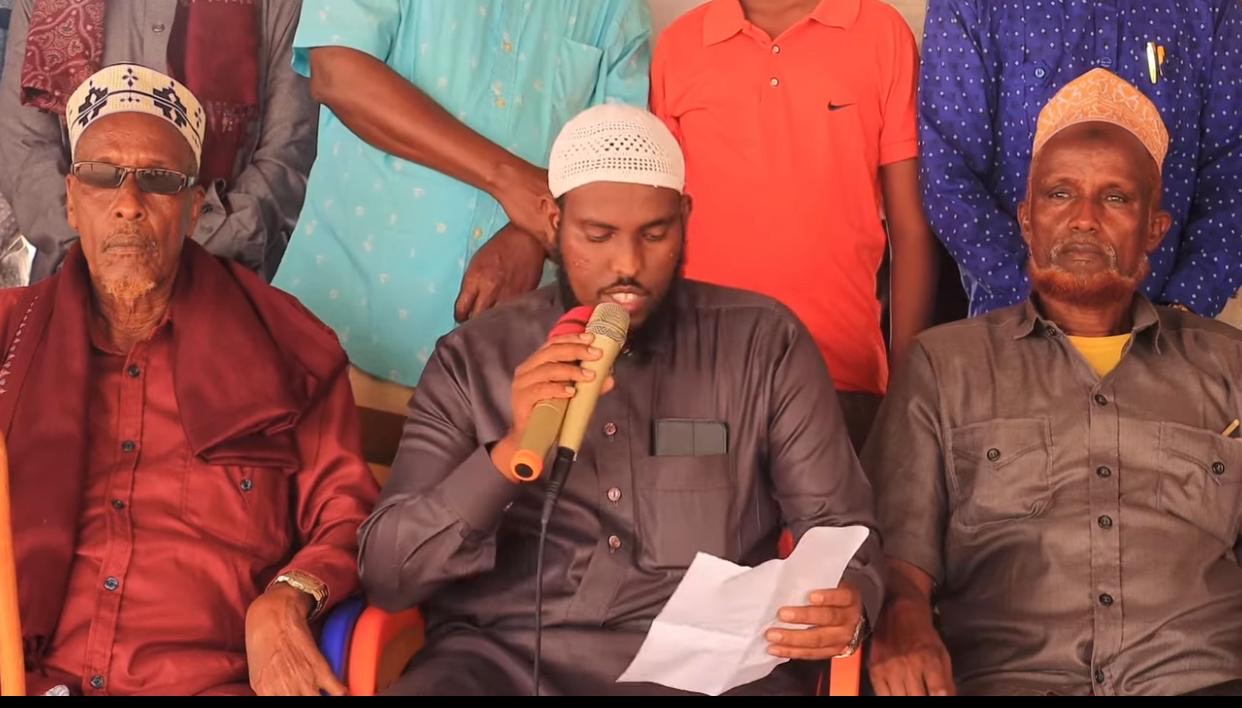CS Murkomen raises alarm over rising gender-based violence in Rift Valley

Murkomen acknowledged that many GBV cases go unreported or unresolved because perpetrators are often family members. This reality, he noted, complicates efforts to bring offenders to justice.
Interior Cabinet Secretary Kipchumba Murkomen has raised concerns over the continued rise of Gender-Based Violence (GBV) cases across Kenya, particularly in the Rift Valley region.
Despite increased security operations and efforts to curb the menace, reports of rape and defilement remain troublingly high, reflecting the deep challenges that persist in protecting vulnerable communities.
More To Read
- Women governors demand probe into child exploitation in Maai Mahiu
- EAC to set up joint taskforce and offender database to curb SGBV, cross-border crimes
- MPs demand urgent action on rising gender-based violence cases across Kenya
- Agnes Tirop case stalls after prime suspect Ibrahim Rotich skips court for fifth time
- Kenya backs gendered peace model, urges IGAD to act
- Kenya lost 5,578 women to femicide in 2024 - Gender CS Hannah Wendot
“GBV remains a big challenge, especially in this region (Rift Valley), especially in areas where there are tea plantations. The security teams and the Directorate of Criminal Investigations have done a good job of weeding out the perpetrators, but more needs to be done,” he said.
The CS praised the cooperation among the National Police Service (NPS), the Office of the Director of Public Prosecutions (ODPP), and the judiciary in ensuring the effective prosecution of sexual offences in Bomet County. He emphasised the Judiciary’s firm stance on such cases.
“The severity of the bail terms and the seriousness with which the Judiciary takes the sexual offences cases are laudable. The coordination between the three institutions ensures there is adequate enforcement,” he stated.
Murkomen acknowledged that many GBV cases go unreported or unresolved because perpetrators are often family members. This reality, he noted, complicates efforts to bring offenders to justice.
“We have asked the security team to upscale this process, cognisant of the fact that these issues are concealed because most of the perpetrators are family members,” the CS explained.
He also pointed out that communities sometimes prefer Alternative Dispute Resolution (ADR) mechanisms to settle these cases, which can hinder formal justice and accountability.
The CS urged members of the public to work closely with the police, chiefs, and assistant chiefs to report and address GBV incidents.
“I have given instructions on the issue of sensitisation, which will be continued as a top priority in the counties,” he added.
In addition to the rise in GBV, the CS sounded a warning about increasing cybercrime activities, particularly in Bomet and Narok counties. He singled out a group called the ‘Mulot boys’ as being involved in online fraud targeting especially women.
“These fraudulent activities have been reduced, and those involved have been apprehended and charged in court. We have made strides from where we were two years ago, and now the public is aware of fraudulent characters out to scam people, especially women,” Murkomen said.
He highlighted ongoing efforts to raise awareness through Non-Governmental organisations (NGOs), local leaders, and the media to protect the public from falling victim to cyber fraud.
In May, the Presidential Technical Working Group on Gender-Based Violence (GBV) and Femicide said that while incidents of femicide continue to surge, the absence of a legal definition or mechanisms to deal with such crimes is a major setback.
They called for urgent legislative reforms to classify femicide as a distinct and aggravated form of murder.
“We have done our desk research, and we have noted there is no legal framework or law on femicide. What is defined in the law is murder, and that is in the penal and criminal procedure code,” the task force said.
“We seek to clearly define what constitutes femicide in the country, and by doing so, we will distinguish femicide from the ordinary murder because femicide is an aggravated form of murder.”
The findings were shared during a public engagement forum in Kwale County, where the group also revealed that sexual abuse cases had increased by eight per cent, from 535 cases in 2023 to 578 in 2024.
The task force estimated that gender-based violence is costing the country approximately Sh40 billion annually.
On gender violence, the task force acknowledged that while there are existing laws, implementation and coordination remain weak. They emphasised the need for proper management and alignment of national and county responses to enhance service delivery for survivors.
Top Stories Today
